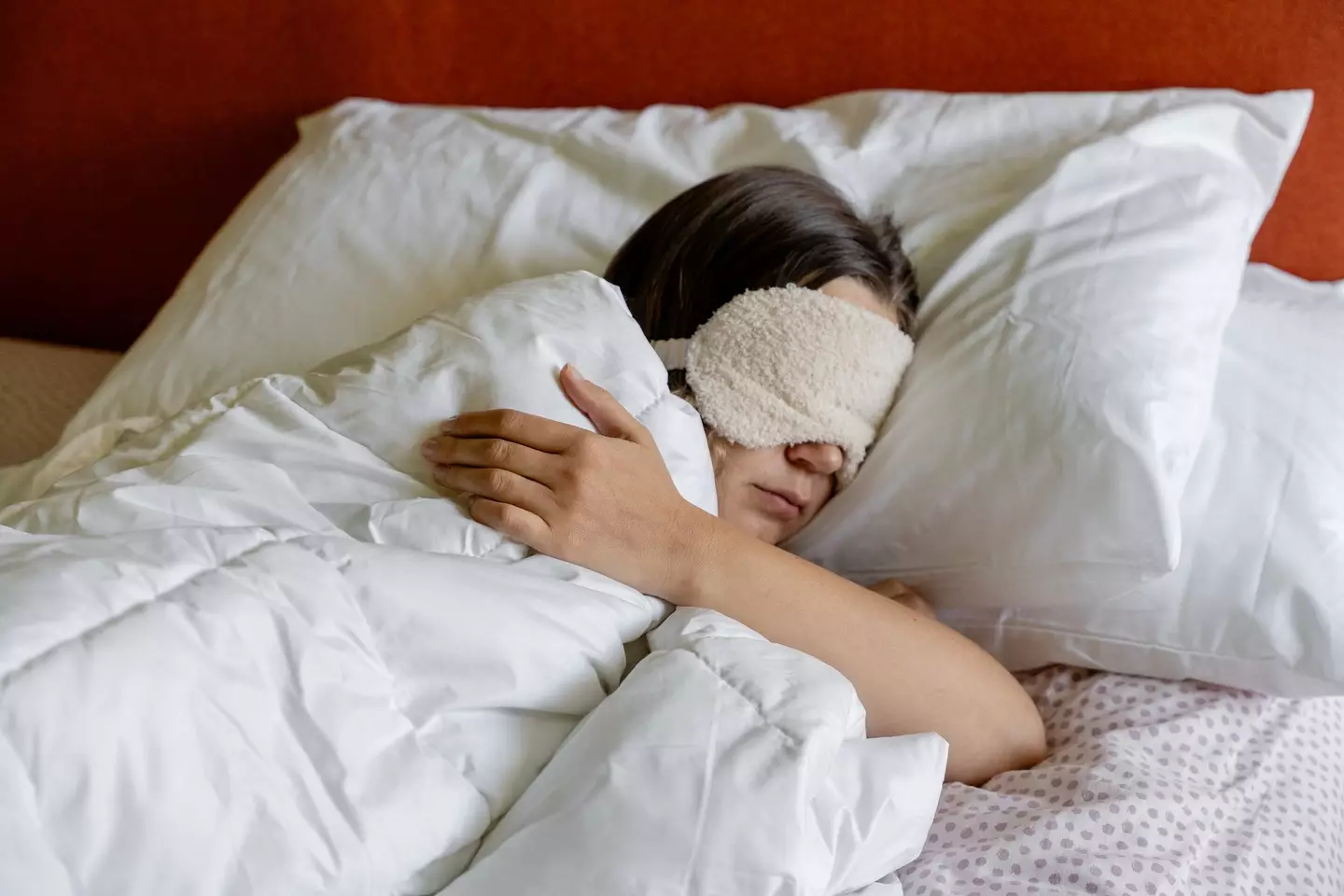Imagine waking up without needing an alarm. Sounds ideal, right? But for most of us, having an alarm is essential—especially since it’s often on our phones, leading to a doom-scrolling session before we’ve even brushed our teeth.

Still, it’s hard to believe that some people can naturally wake up before their alarm even goes off.
As someone who works shifts, I can confidently say that this isn’t an option for me. But for those who do, there’s actually a scientific explanation for it—one tied to the fascinating workings of the brain and body.
At the center of this mystery is a bundle of nerves called the suprachiasmatic nucleus, located in the brain. This group of nerves is like your body’s master clock, regulating blood pressure, body temperature, and, most importantly, your sense of time.
The suprachiasmatic nucleus determines when you feel tired or wide awake, so it’s the one to blame when you want a nap even after a full eight hours of sleep.

Your body’s internal clock thrives on routine, becoming more efficient when you go to bed and wake up at the same time every day. A protein called PER plays a key role in this process by regulating your sleep-wake cycle.
Levels of PER fluctuate throughout the day, peaking in the evening and hitting their lowest point at night. When these protein levels drop, so does your blood pressure, leaving you feeling groggy and ready for bed.
Here’s the fascinating part: if you stick to a consistent sleep schedule, your body starts to anticipate your wake-up time. Scientists explain that your body will gradually increase PER levels and release stress hormones about an hour before your alarm is set to ring.

This is why some people wake up just before their alarm. It’s your body’s way of preparing for the jarring experience of being startled awake by the alarm. By increasing PER and stress hormones earlier in the night, your body avoids that sudden shock.
On the flip side, if you don’t wake up naturally, the alarm can jolt you awake, stressing your system.
For a good night’s rest, the NHS recommends adults aim for seven to nine hours of sleep, while children need around nine to thirteen.
So, if you want to join the ranks of those who wake up without an alarm, consistency is key. By sticking to a regular sleep schedule, you might just find yourself waking up refreshed—and a few minutes ahead of the alarm.







